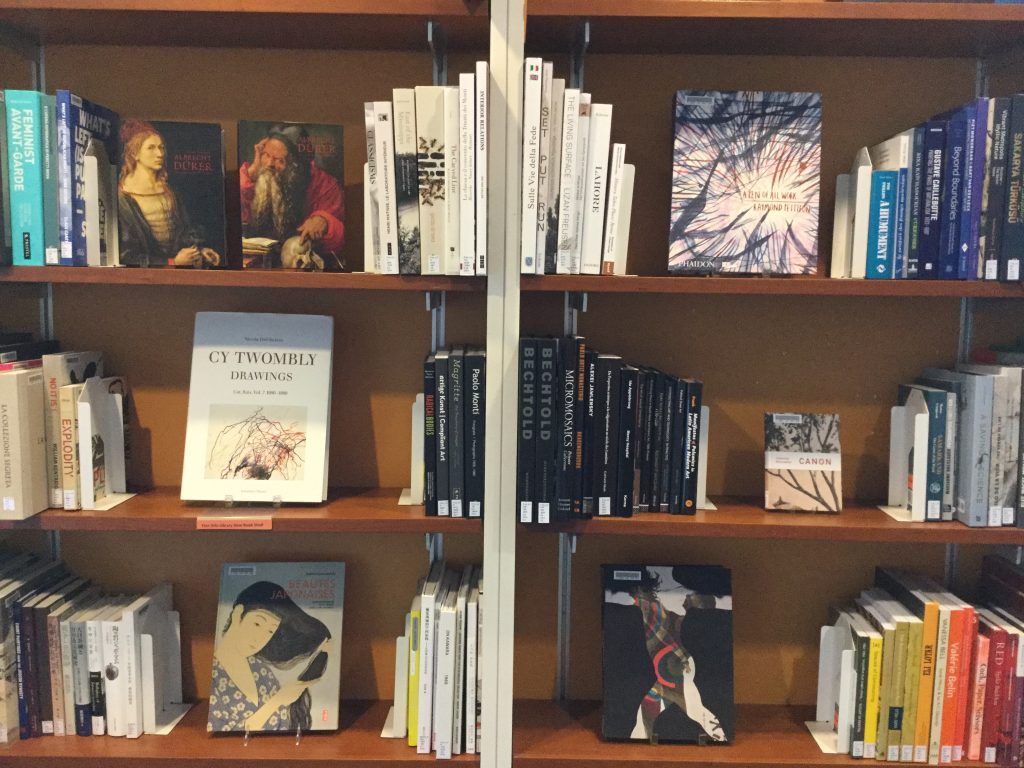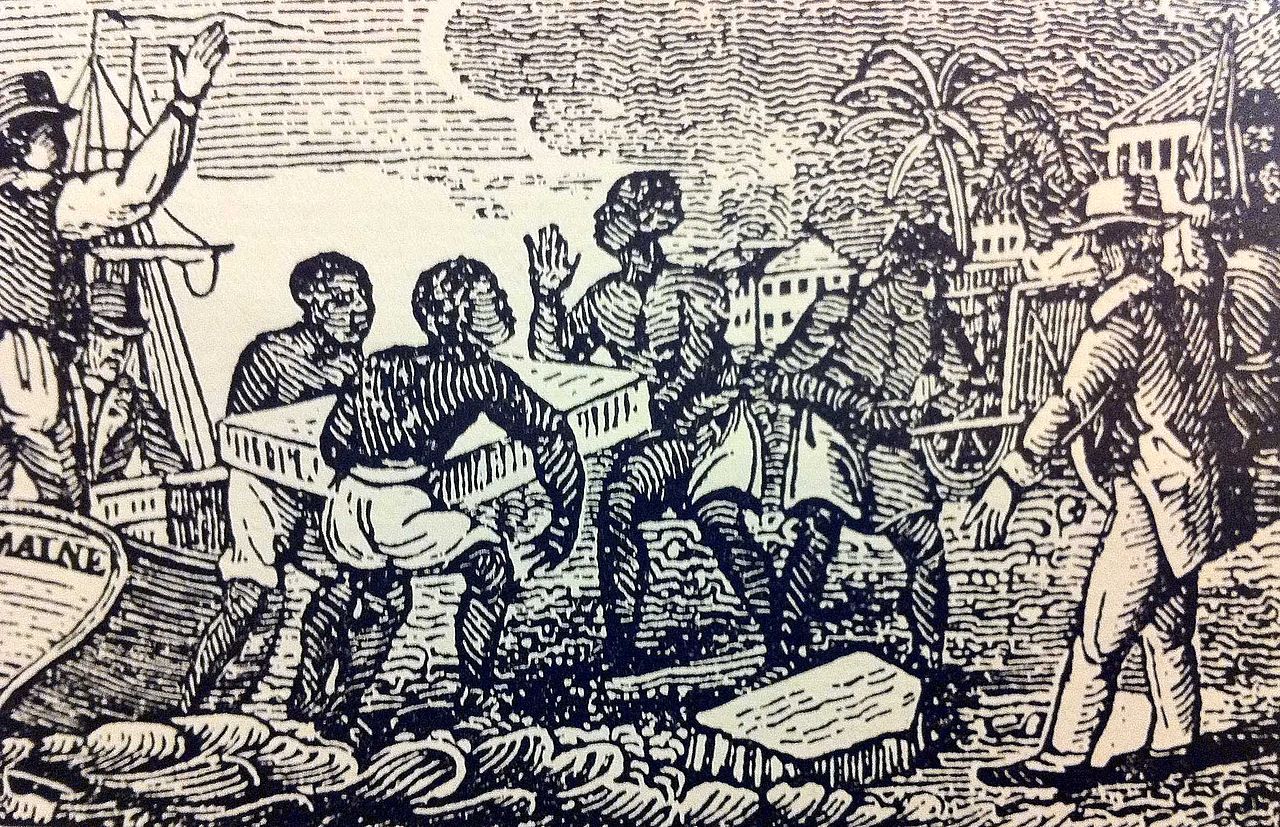Mario Brito has his feet on the ground, his dreams filled with wind and his heart beaten by the sea. Brito is a happy man, so much so that he has managed to draw on paper the gesture of that unavoidable act that we all call love. He has managed, with the ingenuity of his childhood, still wet from the rain, and with the ease of his undoubted Cubanness, to draw with clear and legible strokes our sexual fantasies, because who like him, at one point in his life, has not dreamed of having between his legs that exotic girl that one afternoon a good God put in our path.

This little man whom I called my friend more than four moons ago, outside of epochal references and like a great lyrical poet -which he is not- passes, in all his narrative, composed, among others, by the books Around the balance, Will-o’-the-wisps, Tell the heart to love in a low voice, Spring rivers, It cannot be slippery, The land of the zebu and There was a window , to the first person plural to invoke a “we” that identifies with an entire generation, and outside of all games and from an ambiguous room sing in a stark way to one of the oldest exercises that the human race still exercises, eroticism, and in the style of the Dardanelles, relate his heroic epics on the disrespectful altar of a woman, as he relates in the story Locked up , belonging to the book Will-o’-the-wisps , I quote: “Tear it off, she says and one by one the buttons begin to jump, and they begin to fly against her breasts and her navel. “and they are already spreading out, jingling everywhere, while the hands continue to be worried with the buckle, as if delaying the penance.”
The philosophical and revealing speech of Mario Brito
But my friend, despite the unstoppable passage of time and the salt on his skin, also has a philosophical discourse that not all of us can escape; a revealing discourse that takes us by the hand along paths of memory, because here, in each book, feeling and facts have taken the floor and it is his flow that takes the lead.
These intimate, timeless books appear to propose a reflection from within, from the interstices and recesses of each scenario, written with that multiple and, at the same time, contradictory sap that nourishes interpersonal relationships, and life in its constant flow.
A work without mirages
I suggest not stopping in front of these books but opening them and browsing through their pages so that you can appreciate that Brito does not tire, that he still has one arm that rises when it seems that he is going to sink, and that his language and eloquence are born and resist each time within himself, and he makes us hold our eyes, understand life, which in silence or between dreams and the wall, springs from his body. Thus we realize that he is always the last to go to bed, that despite the cold he turns off the light. We realize a game or puzzle of words that make us feel, think, and imagine also that his stories belong to us because we are part of them, that he swings while he looks at the stars and tells us his dreams and frustrations, that, finally and for the good of all, he is still a happy man.
We are in the presence of a work that, without illusions, describes sexual relations, happiness, envy, and, as a last resort, the revenge of those who do not understand or accept those who seek an illusion.
These books are full of confessions, and that is why I give them a round of applause because I am sure that after the sea there is a madman, a madman who, beyond his profession, learned to build utopias and today lives with his feet on the ground.

